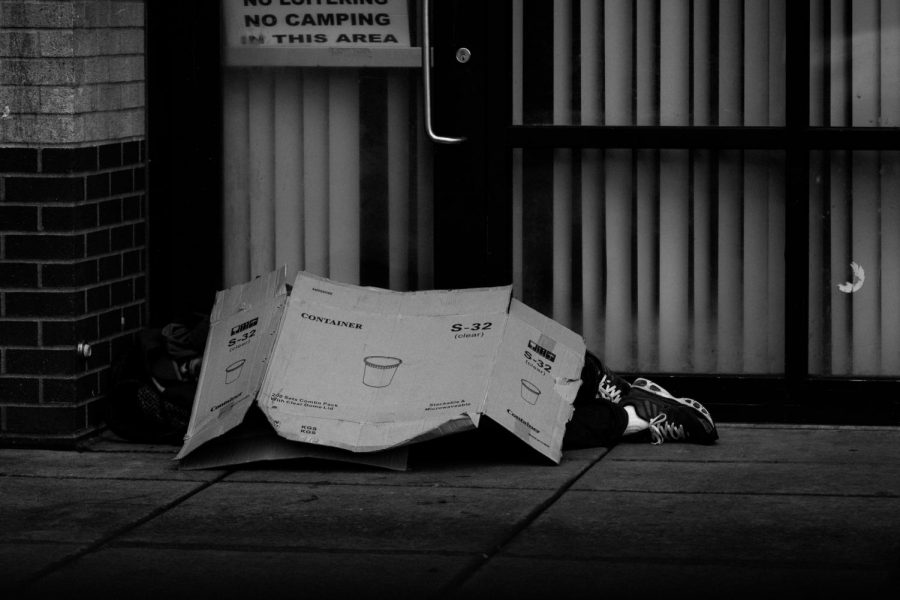The Impoverished Mentally Ill
Being a resident of New York City, it is common to see many impoverished people taking refuge in subway stations and parks. Seeing people lingering around bustling areas like Times Squares and Lower Manhattan is commonplace. As unfortunate as it is, NYC has a homeless problem, and you, being an inhabitant of this city should realize that. However, measures have been taken by the local government to curb the upswing in destitute living.While this is great, our society has been ignoring some of the root problems that lead to poverty and keep people from escaping its shackles; one of these problems is mental illness.
In a world health report published by the WHO (The World Health Organization), one in four people will suffer from mental or neurological disorders. When compared to the population of the world, we are looking at BILLIONS of people suffering from Depression, PTSD (Post Traumatic Stress Disorder), Anxiety, etc. In densely populated areas like New York City, many of the people you know may be suffering from mental illness, and the statistics comparing mental illness throughout the homeless community, is even more daunting. The National Coalition for the Homeless released a report that states, “According to the Substance Abuse and Mental Health Services Administration, 20 to 25% of the homeless population in the United States, suffers from some form of mental illness.” With that being said, there is an evident link between homelessness and mental disability.
Often times, those who suffer from mental disability, struggle to effectively perform everyday activities like keeping up with hygiene and work. Also, mental health problems make it harder to manage money and request assistance. This is one of the reasons why some many mentally disabled people are in debt. Money and Health stated in a report that about one in five people with mental health problems, are in “problem debt.” The report also mentions that financial struggles, made people’s mental health problems worse. Essentially, mental disorder and money troubles fall in an endless loop; those with mental illness struggle to perform daily tasks, which leads to financial difficulty and the financial difficulty weakens their mental state, resulting in more mental illness and maybe homelessness. Now, you may be wondering, “Why don’t they just ask for help?” It’s not that simple.
The average cost for a therapy session is around $100-$200, but of course this can change depending on factors like location, the length of the session, and the therapist themselves. Regardless, acquiring good therapy for a low price is pretty difficult. It should also be taken into account the extra expenses that come with therapy. Many people who suffer mentally have to take prescription medication to keep their mental disorders in check. In 2017, the average annual cost for prescription medication was roughly $6800. Someone who has fallen on hard times might not have insurance to cover these fees and would rather stay mentally ill than burying themselves in deeper debt.
Mental illness is as expensive as it is destructive. No one asks to be homeless or in debt, just like no one asks to have a mental disorder, but it happens. As a community, there should be a want to help our impoverished brethren, as well as those who are mentally and neurologically challenged. At the end of the day, New York City has about 8.6 million residents and about 2.1 million of us that need help, so let’s give it to them. If you or anyone you love is suffering from mental illness, please call 1-888-NYC-WELL (1-888-692-9355).
Sources:
https://www.who.int/whr/2001/media_centre/press_release/en/
https://www.nationalhomeless.org/factsheets/Mental_Illness.pdf
https://www.moneyandmentalhealth.org/money-and-mental-health-facts/
https://www.goodtherapy.org/blog/faq/how-much-does-therapy-cost











